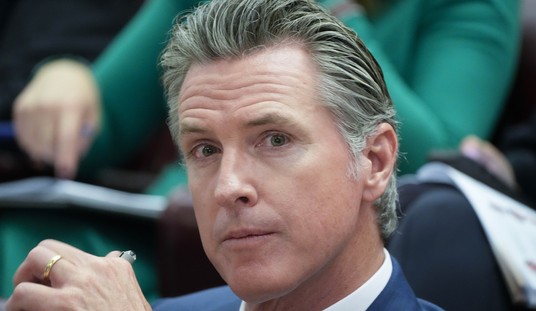I’ve often joked that the four words in the media that most fill Catholics with dread are, “Today, Pope Francis said…” That’s not because the pontiff says things that are dreadful; it’s because we know that we’ll have to spend most of the day explaining what the media got wrong, and what Pope Frances actually meant.
Today’s example comes from The Hill, and we’ll start with the headline and the lead sentence:
Pope gives priests power to forgive abortions
Pope Francis is giving Catholic priests the power to forgive abortions.
Breaking news? Kinda … from a year ago, and in many places it wasn’t actually news anyway. At the beginning of the pope’s Jubilee Year of Mercy in December 2015, Francis announced this policy as part of his efforts to orient the dioceses and parishes toward mercy, and encourage the laity toward confession. At the time, the pontiff limited the policy to the Year of Mercy; yesterday, he extended the exception indefinitely.
John Allen at Crux does a better job of reporting on the statement:
In a document concluding his jubilee Holy Year of Mercy, Pope Francis has extended indefinitely special permission for priests to forgive women and others involved in abortions, as well as permission for Catholics to receive forgiveness from members of a breakaway traditionalist body. …
The concession on abortion has had little practical effect in places such as the United States, where many bishops had already delegated permission to priests to forgive the sin, but symbolically it’s been interpreted as a major gesture of outreach to women and others who’ve been involved in what Francis described on Sunday as a “horrendous crime” and “very grave sin.”
The Hill’s reporting leaves two erroneous impressions — one, that this is a new policy, and two, that abortion has only now been made forgivable. The church has always forgiven abortion along with other mortal sins as long as true repentance and resolve to end them accompany the confession, but church doctrine makes abortion an excommunicating act latae sententiae, “by the very commission of the act” (Catechism paragraph 2272). Under normal circumstances, reversal of excommunication requires the authority of the bishop, even if confession was first heard by the priests. As Allen points out, American bishops had long since delegated their authority in this regard to priests, a precedent which no doubt helped make Francis more comfortable making this exception indefinite across the entire church.
Far from offering a free pass on abortion, Francis wants to remind everyone that abortions remain a “horrendous crime” and a “very grave sin” that require forgiveness. That statement is the point, not the extension of the status quo of the past year — and of past decades here in the US.
In fact, this might not even be the more significant of the two actions Francis took at the end of the Year of Mercy. In extending the recognition of the sacrament of reconciliation to the priests of the Society of St. Pius X, Francis appears to be hinting at a reconciliation with the rebellious conservative sect:
“For the pastoral benefit of these faithful, and trusting in the good will of their priests to strive with God’s help for the recovery of full communion in the Catholic Church, I have personally decided to extend this faculty beyond the Jubilee Year, until further provisions are made, lest anyone ever be deprived of the sacramental sign of reconciliation through the Church’s pardon,” he wrote.
The reference is to the traditionalist Society of St. Pius X, founded by French Archbishop Marcel Lefebvre, which broke with Rome in the aftermath of the Second Vatican Council (1962-65) over a variety of issues, including modernization in the liturgy as well as ecumenical and interfaith dialogue.
Francis’ predecessor, Pope Emeritus Benedict XVI, had declared in 2009 that the bishops and priests of SSPX had no “legitimate ministry.” Francis’ concession to the conservative rebels is very significant — even if that’s also breaking news from 2015. Extending the olive branch on confessions to these priests and bishops seems to hint that a rapprochement could be coming, which would be even a bit more remarkable considering the presumed political orientation of this pontiff.
Correction: Benedict XVI said SSPX had no “legitimate ministry” [direct quote], not no sacramental authority. I’ve fixed it above.








Join the conversation as a VIP Member